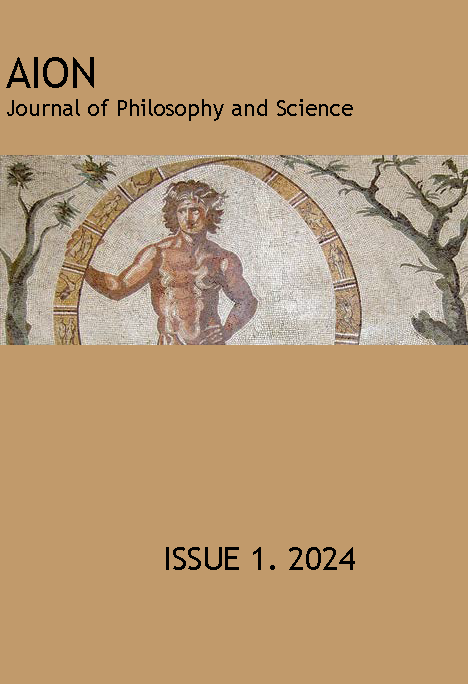(Dé)cloisonnements et résistances interstitielles
DOI:
https://doi.org/10.17161/aion.v1i1.22433Resumen
This article is part of a research project looking at the home as a space for resistance and politicisation. Based on a field study of alternative forms of cohabitation, the aim is to rework the very definition of the home, which thus acts as a conceptual operator for rethinking a set of dichotomies that structure political philosophy: the private and the public, the personal and the collective, the intimate and the institutional, the domestic and the political. From this perspective, two types of (de)partitioning are involved: conceptually, the aim is to undo the construction of a threshold that has excluded the home from the political domain, relegating it to an apolitical, pre-political or even anti-political sphere. In so doing, we will be trying to think what kind of resistance can emerge from within the alternative home; how can we think the ability to make a world from the very margins of the world? In architectural terms, the question of partitions, the ones we add, the ones we remove, appears to be one of the recurring reasons for the appropriation and hijacking of the space by its residents. This raises the question of the insistence of a preexisting materiality - that of space, and that of a socio-political order - against which strategies of subversion inevitably clash. How can we think about the ambiguity of resistance - that of contestation and that of conservation - as a dual requirement, without losing the meaning of all political action? In the final analysis, this problematic should be seen as one of articulation between resistance and its framework, and it invites us to rethink that framework.
Descargas
Publicado
Número
Sección
Licencia
Derechos de autor 2024 Alice Thibaud

Esta obra está bajo una licencia internacional Creative Commons Atribución-NoComercial-SinDerivadas 4.0.

Copyright is held by the authors. This work is licensed under a Creative Commons Attribution-NonCommercial-NoDerivatives 4.0 International License
.


